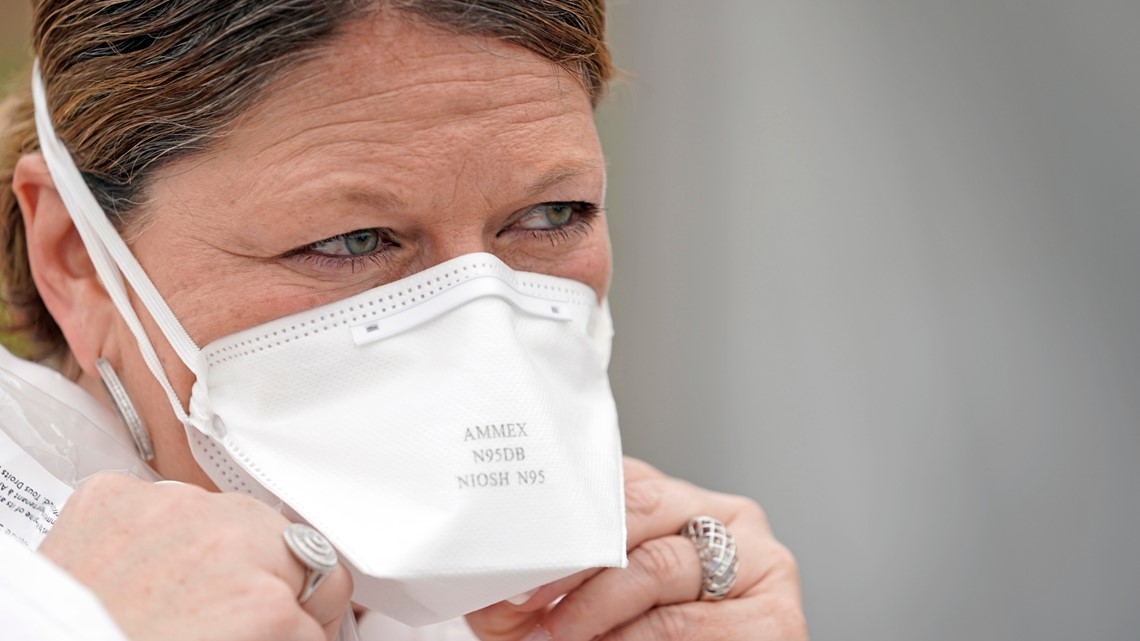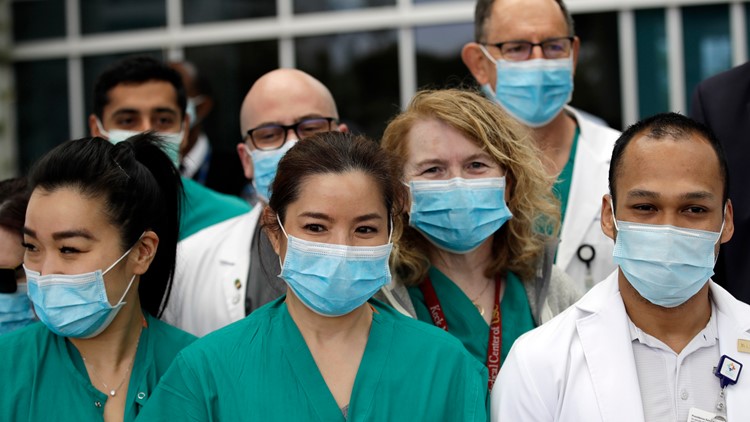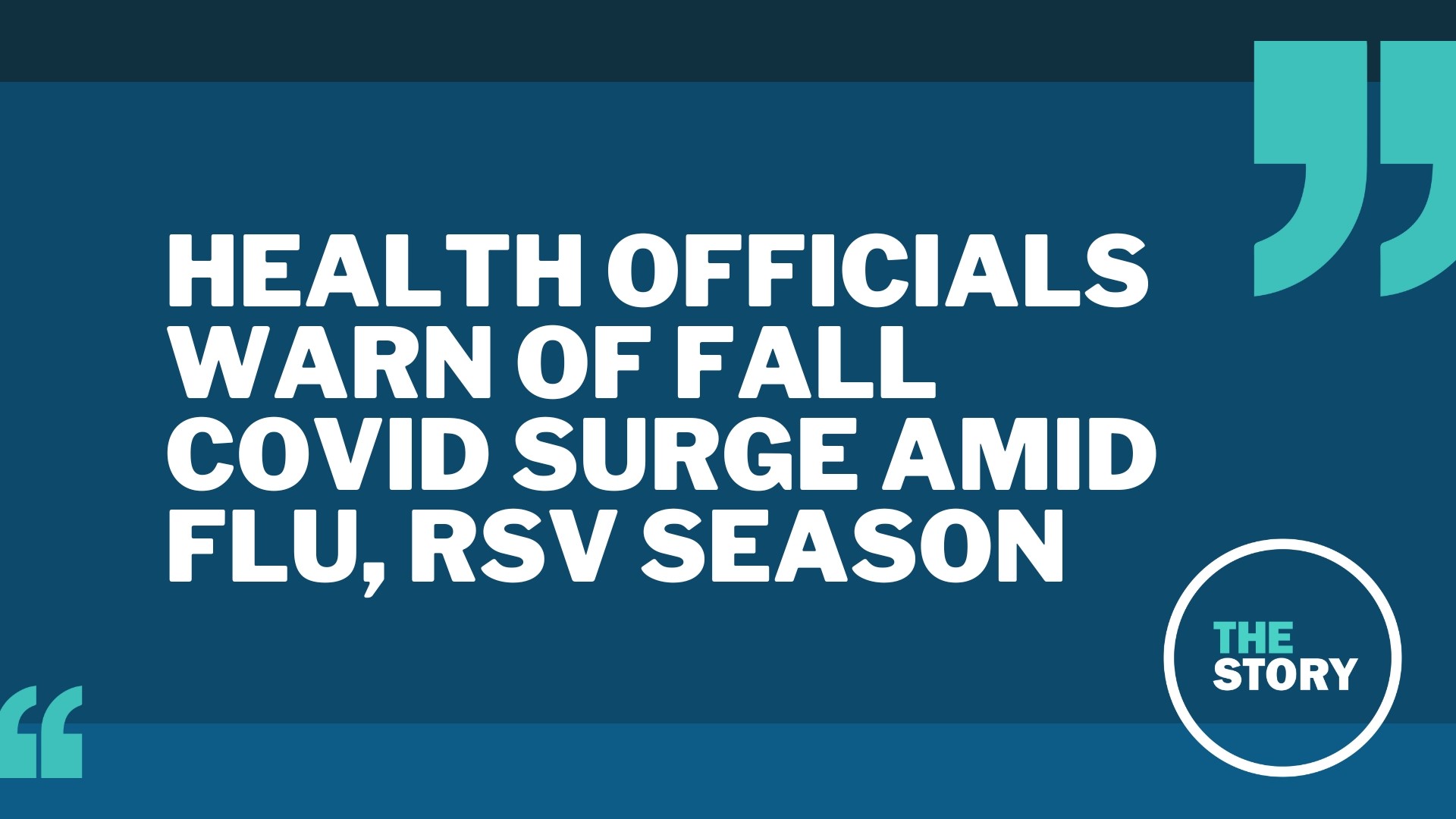PORTLAND, Ore. — People in Oregon will be required to wear face masks, as the current requirement that applies to seven counties expands statewide on July 1.
What kind of face masks should people wear? Are face shields OK? What about surgical masks? We tracked down the most current information from the Centers for Disease Control and Prevention:
Cloth face masks
The CDC says cloth face masks are the best option for people to wear in public.
Cloth face masks can help keep people who have COVID-19 from spreading the virus to others, the CDC says, and they're most effective when used widely by people in public settings.
Recent clinical and laboratory studies show that cloth face coverings reduce the spray of droplets when worn over both the nose and mouth, the CDC says. See the studies here


The CDC says everyone should wear a cloth face mask when in public settings. The only exceptions, according to the CDC, are the following:
- Children younger than 2 years old
- Anyone who has trouble breathing
- Anyone who is unconscious, incapacitated, or otherwise unable to remove the cloth face covering without assistance
For some people, wearing a cloth face mask "may exacerbate a physical or mental health condition, lead to a medical emergency, or introduce significant safety concerns." People in those situations should attempt to find adaptations or alternatives to help cover their face while in public, the CDC says.
If you have a physical or mental health condition that doesn't allow you to wear a mask, the CDC says you should consult with your doctor.
Face shields
The CDC said they don't recommend the use of face shields as a substitute for cloth face masks or for use in normal everyday activities.
"It is not known if face shields provide any benefit as source control to protect others from the spray of respiratory particles," the CDC writes on its website.


If people decide to wear a face shield without a mask, the face shield should wrap around the sides of the face and extend below the chin.
Surgical masks
Are you a healthcare worker or medical first responder? If the answer is no, you shouldn't be using a surgical mask or respirator. You should wear a cloth face mask.


At this time, the CDC says surgical masks and respirators are critical supplies that should be reserved for healthcare workers and medical first responders.
Likewise, in workplaces where surgical masks or respirators are recommended or required and available, cloth face masks are not appropriate substitutes, the CDC says.



